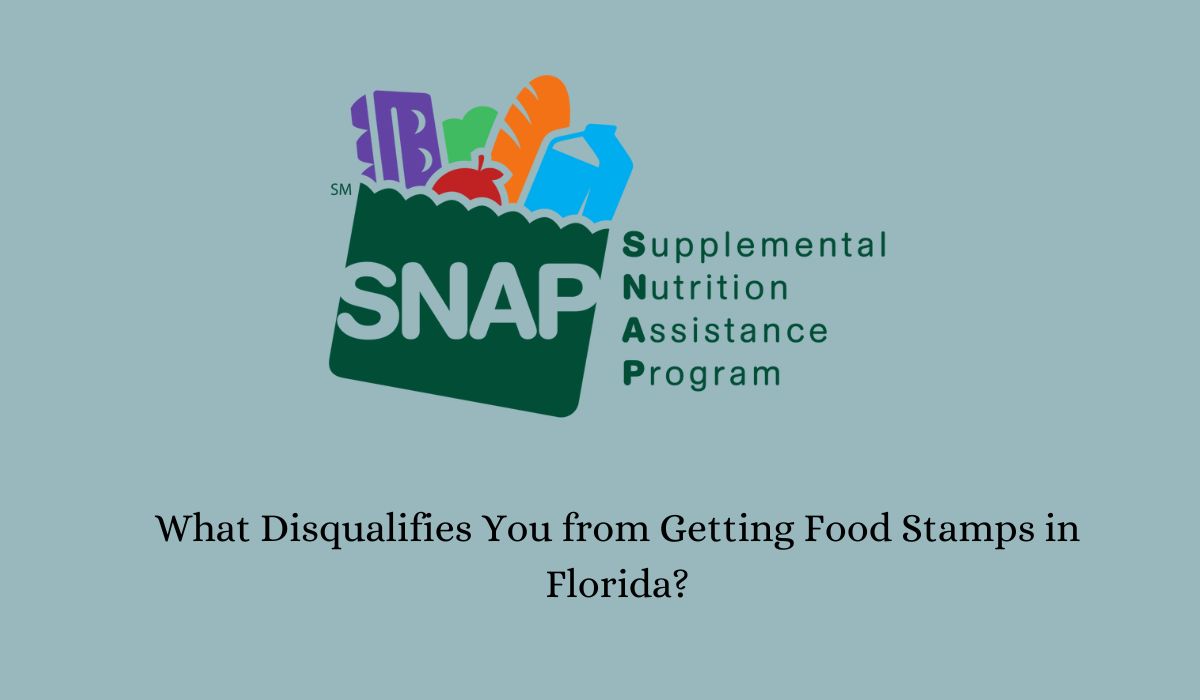As someone who has been through the process of applying for food stamps in Florida, I understand how confusing and overwhelming it can be. There are many different eligibility requirements that must be met in order to receive this assistance.
In this article, I will explain key disqualifying factors. Knowing these factors ahead of time can save you a lot of time and frustration during the application process.
1. Income Level Exceeding Limits
The primary factor that can disqualify someone from receiving food stamps in Florida is income. SNAP is designed to assist low-income individuals and families. Florida follows federal guidelines which set income limits based on the federal poverty level.
These limits are adjusted annually. Households with gross incomes exceeding 130% of the poverty level are typically ineligible. However, for households with an elderly or disabled member, only net income is considered.
2. Non-Compliance with Work Requirements
Adults between 18 and 59 who are able-bodied and without dependents must meet specific work requirements to qualify for SNAP in Florida.
These include registering for work, not voluntarily quitting a job or reducing hours, taking a job if offered, and participating in employment and training programs if assigned by the state. Failure to comply with these requirements can lead to disqualification.
3. Certain Criminal Convictions
Individuals convicted of certain types of crimes may be ineligible for food stamps. In Florida, this includes individuals convicted of drug trafficking, fleeing from the law, or violating parole or probation.
Additionally, individuals convicted of fraudulently misrepresenting their identity or residence to receive multiple benefits simultaneously can also be disqualified.
4. Citizenship Status
SNAP benefits in Florida are available to U.S. citizens and certain lawful non-citizens. Generally, non-citizens must have a qualifying immigration status and meet specific residency requirements.
Certain non-citizens, like those with refugee or asylum status, may be eligible without a waiting period. However, undocumented immigrants are not eligible for SNAP benefits.
5. Student Status
Students enrolled at least half-time in an institution of higher education may not be eligible for SNAP unless they meet specific exemptions.
These exemptions include working at least 20 hours per week, participating in work-study programs, having young dependents, or being enrolled in certain types of job training programs.
6. Asset Limits
Florida also considers an applicant’s assets when determining eligibility for SNAP. Households with assets exceeding certain limits may be disqualified.
Assets include things like bank accounts, stocks, and certain types of property. However, the home you live in and most retirement savings are not counted.
7. Failure to Meet Reporting Requirements
SNAP recipients are required to report changes in their circumstances, such as income or household size, which might affect their eligibility. Failure to report these changes in a timely manner can result in disqualification from the program.
Final Words
These key disqualifying factors can help you determine if you are eligible for SNAP benefits in Florida. If any of these factors do apply to your situation, don’t get discouraged.
There may still be options available to you, such as appealing a disqualification or applying for other forms of assistance. Always keep the DCF informed and up-to-date on your circumstances to avoid any potential disqualifications.
So, before you apply for food stamps in Florida, make sure you meet all the eligibility requirements and gather all necessary documents to ensure a smooth application process.
